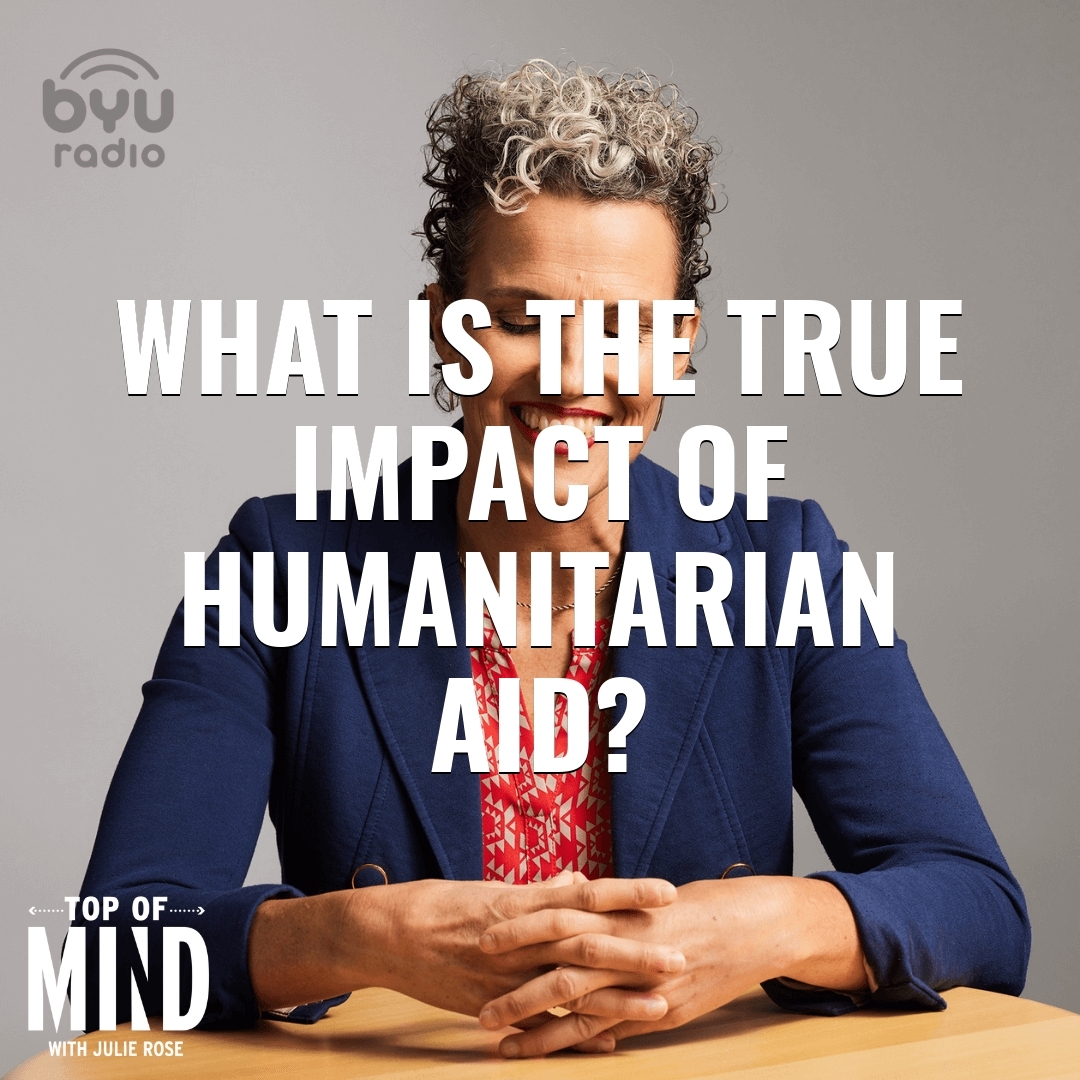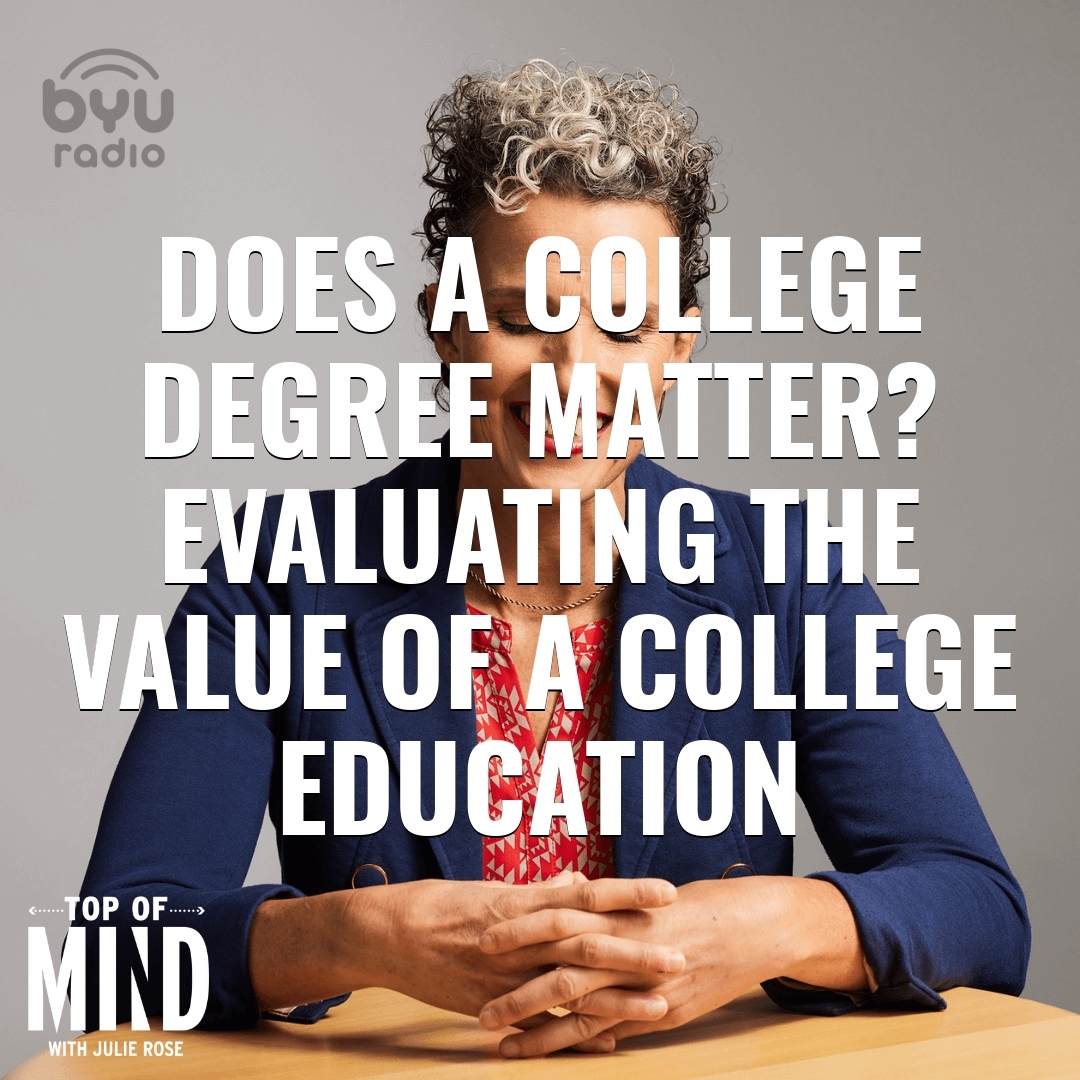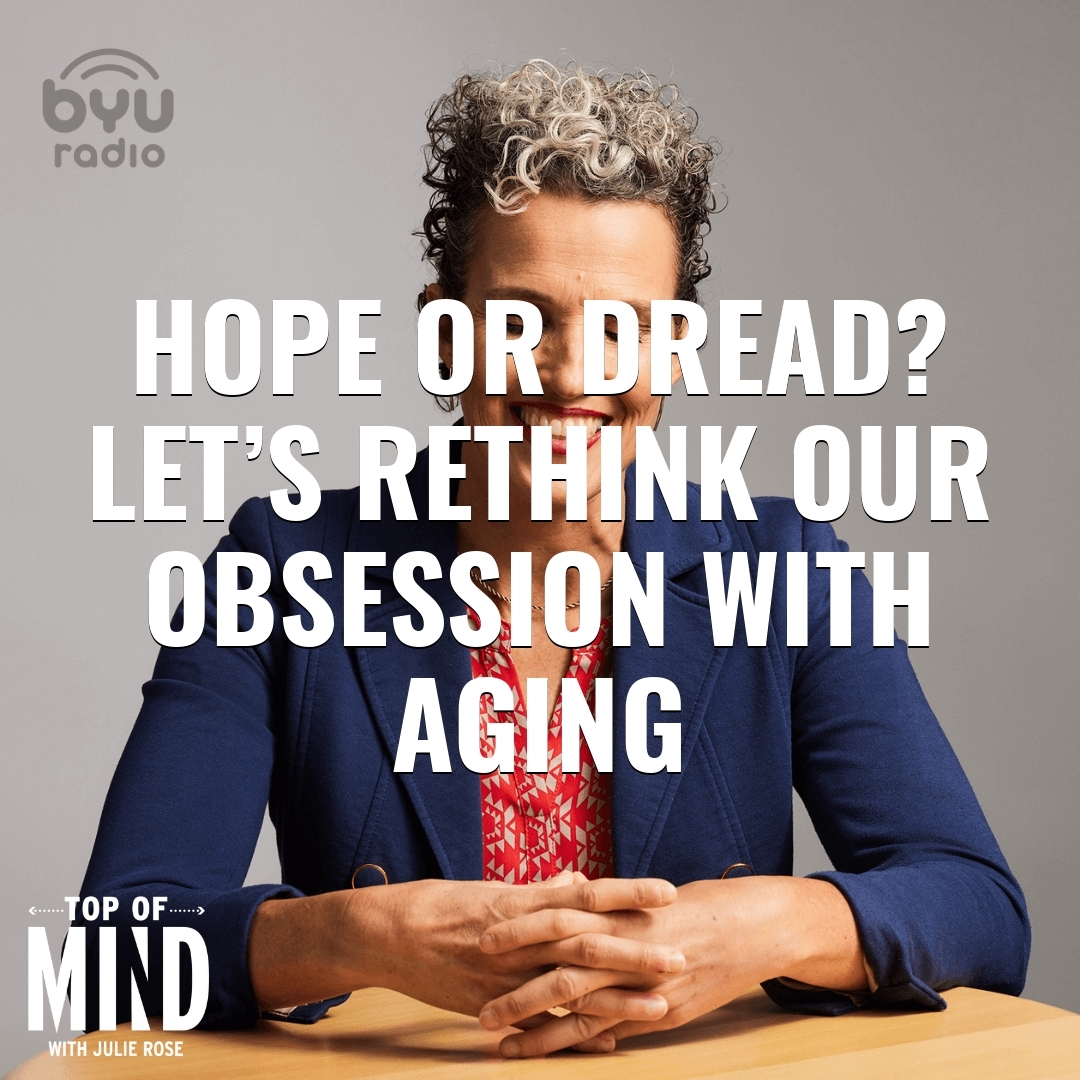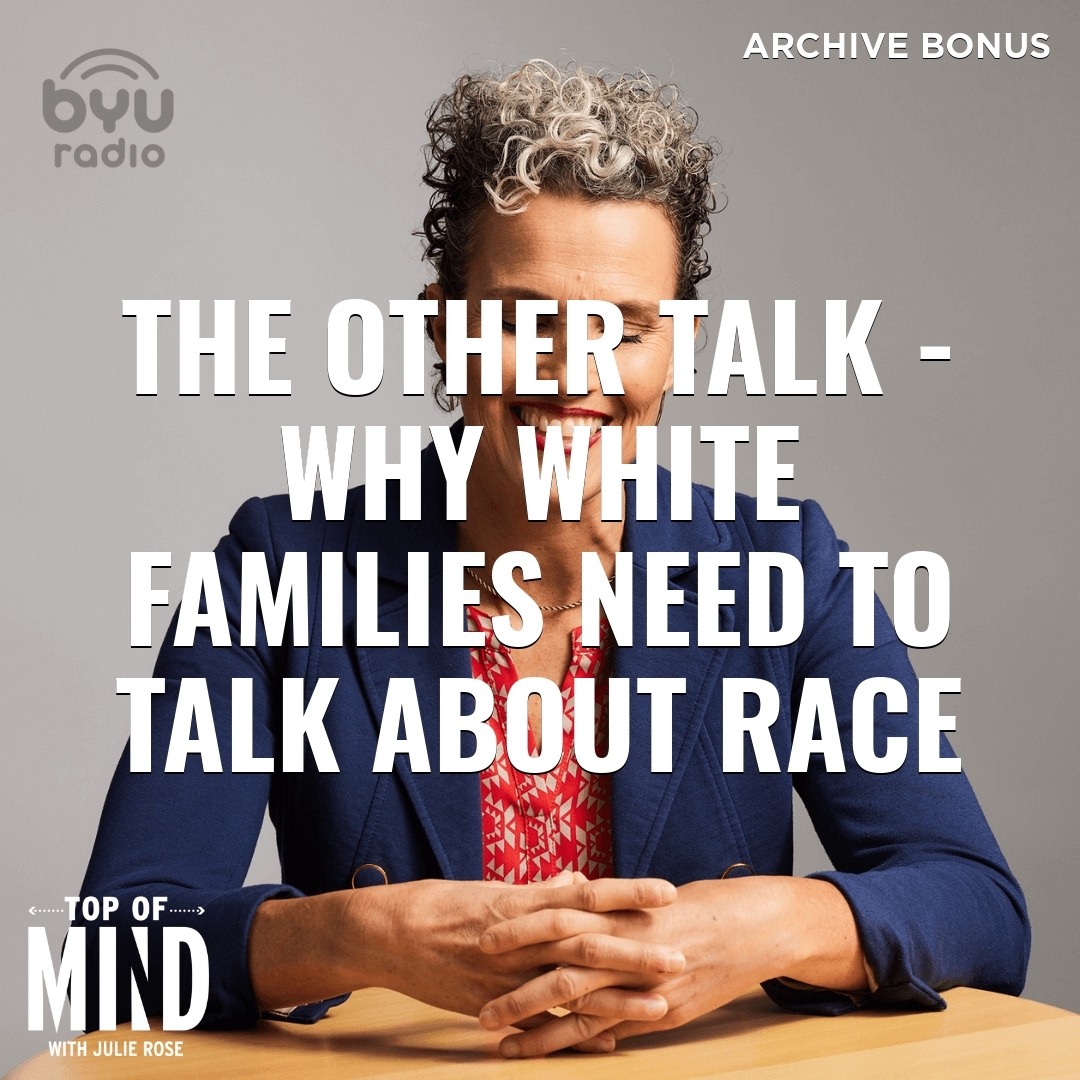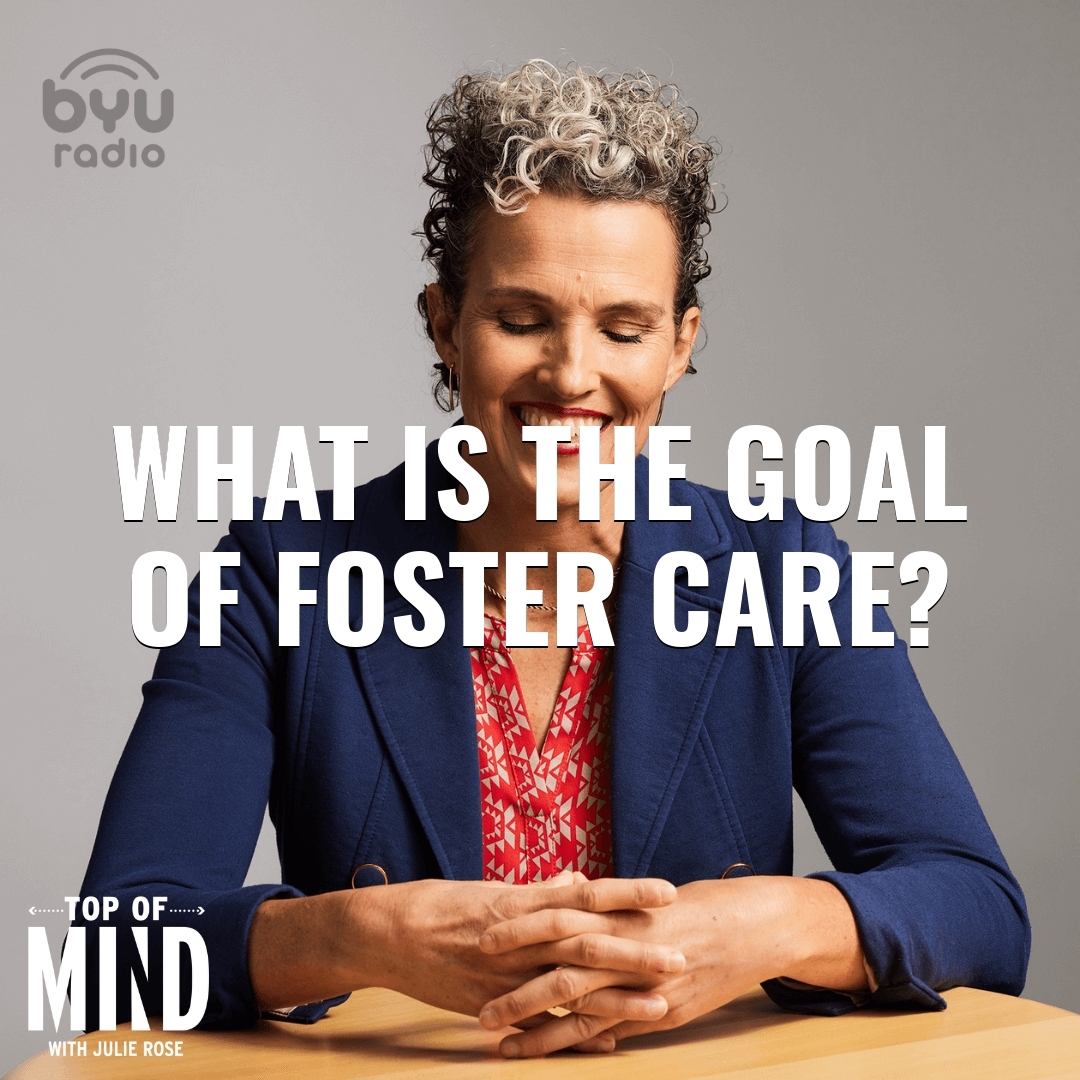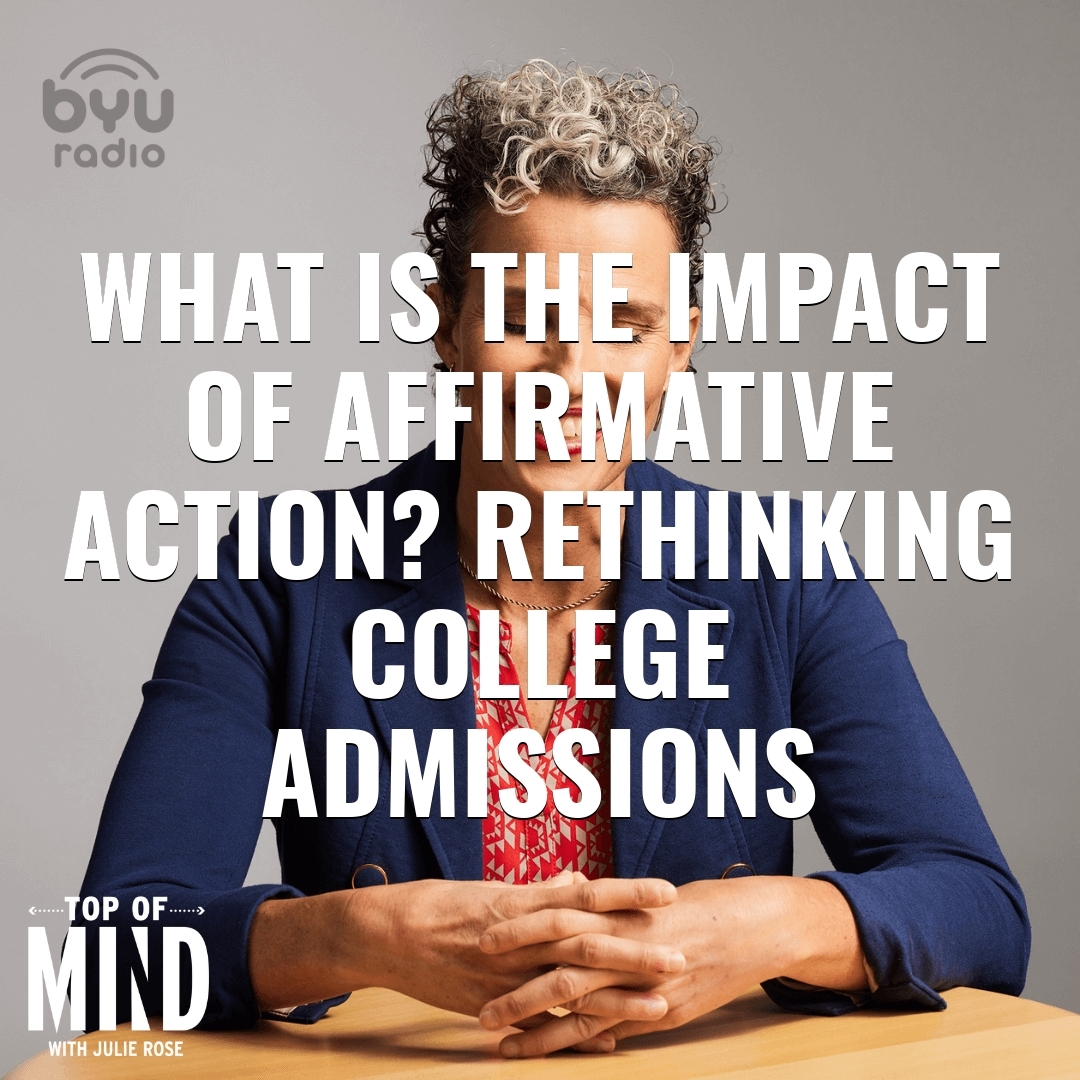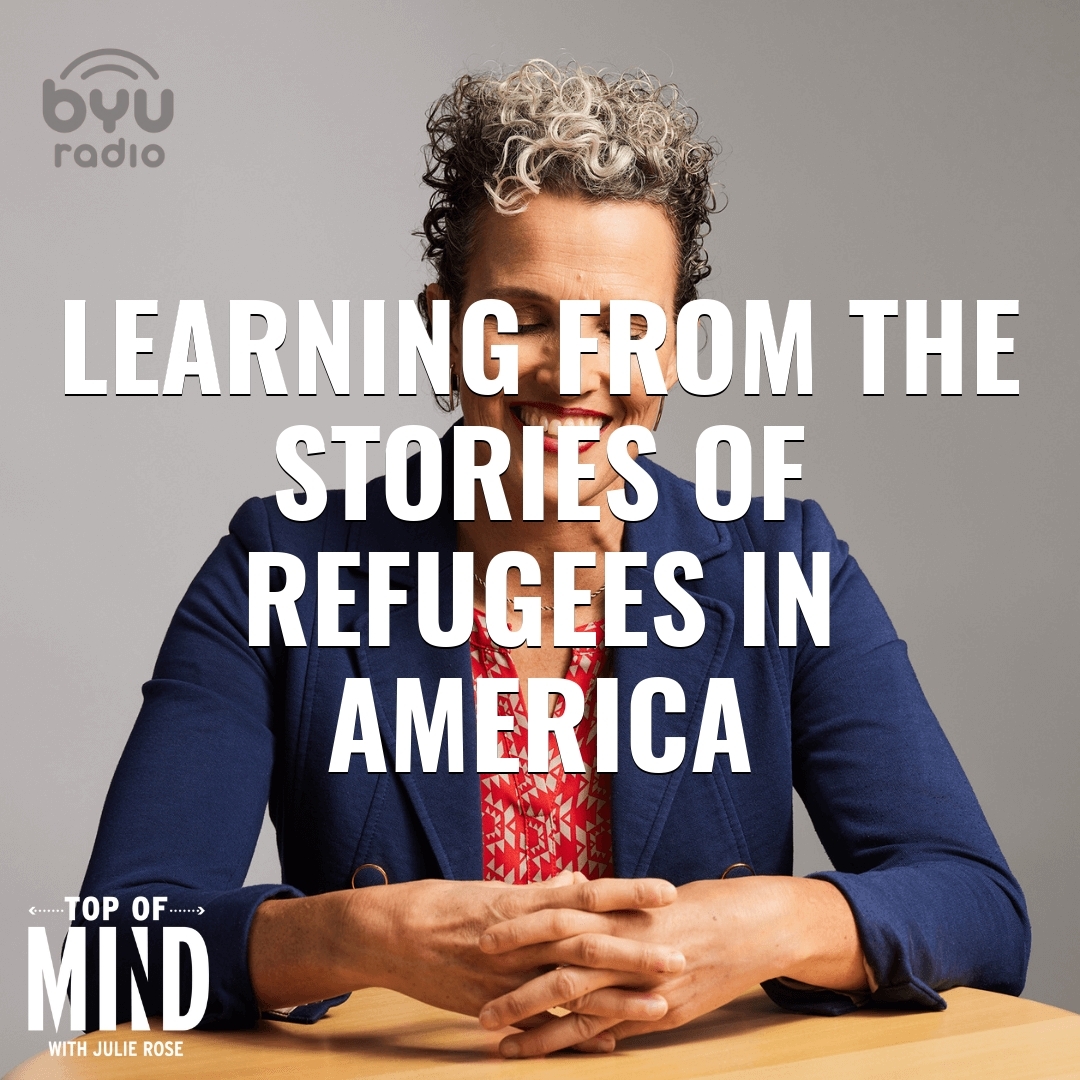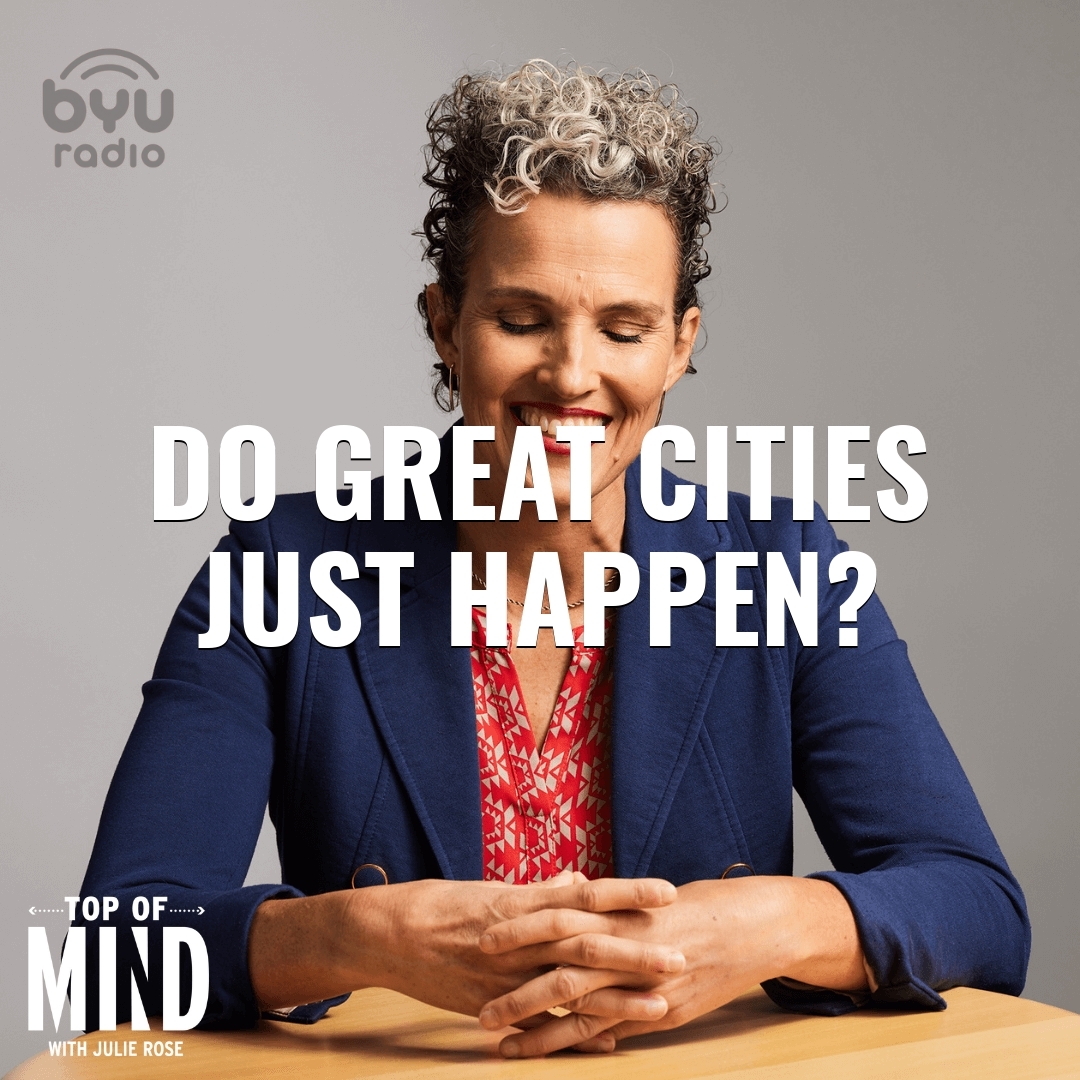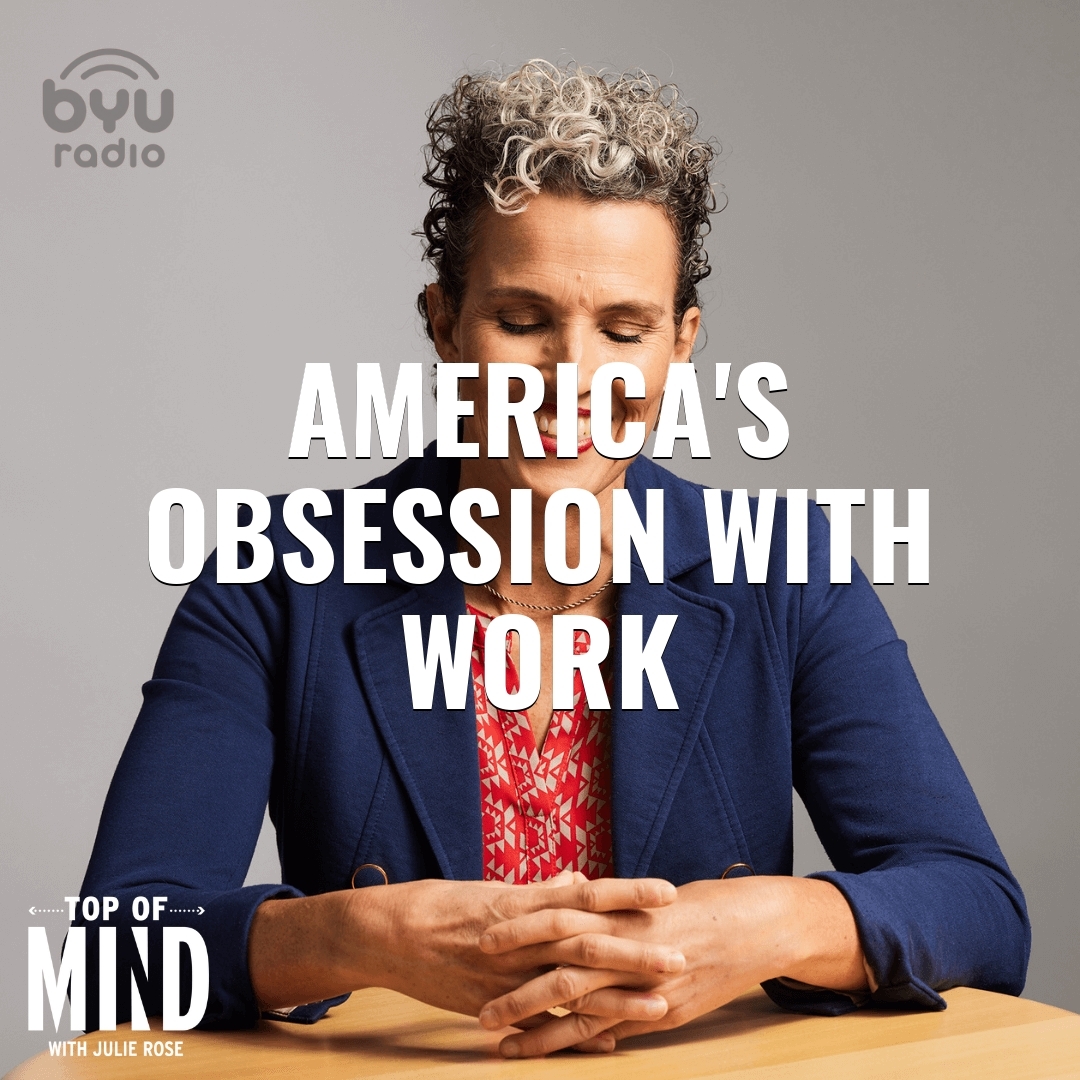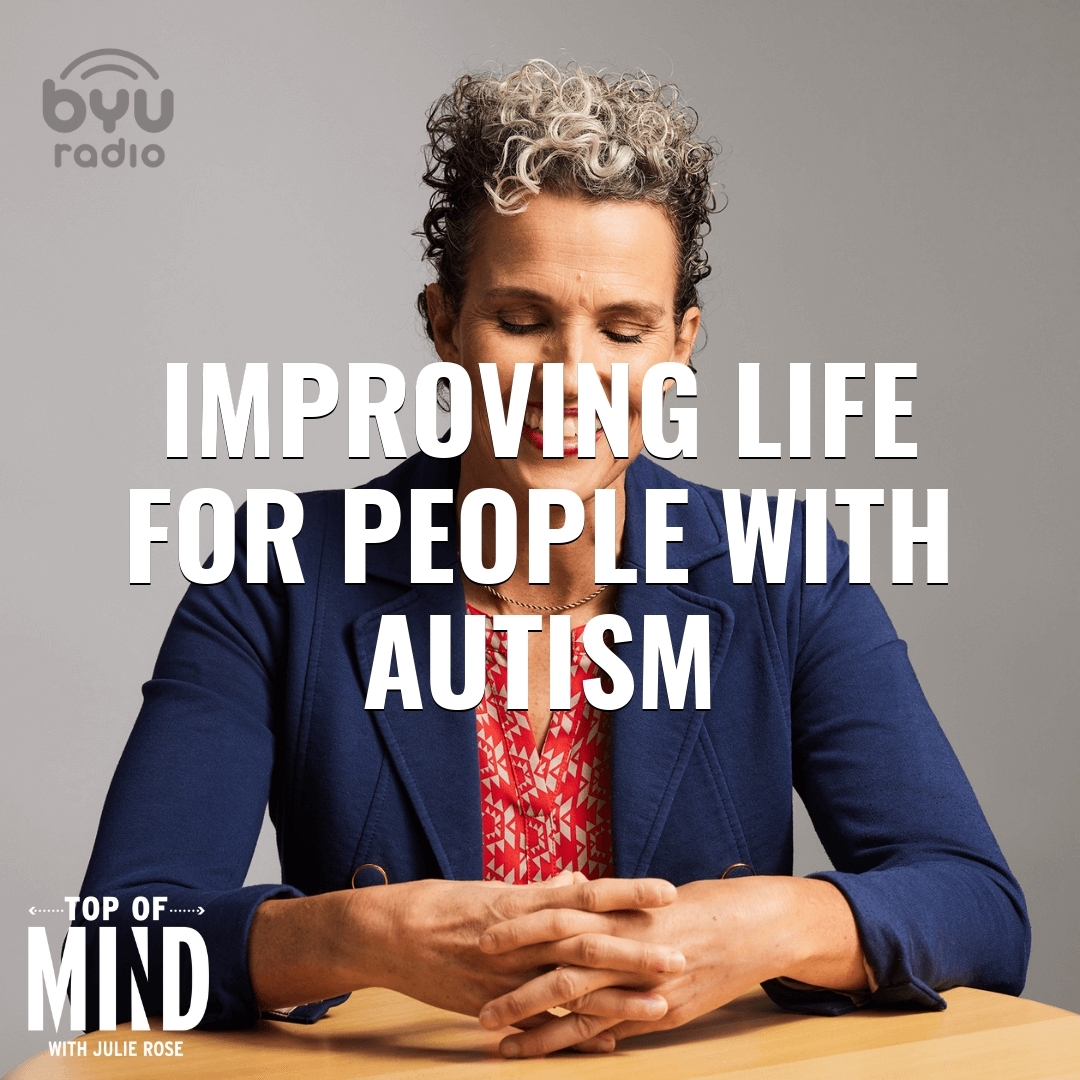Tackling tough topics in a way that will help you feel more empathy and empower you to become a better citizen, kinder neighbor, and more effective advocate. For people who are turned off by the divisive nature of the news, but still want to engage with important issues. Hosted by journalist Julie Rose, Top of Mind is a production of BYUradio.
The humanitarian needs across the world right now are enormous. War, political corruption, natural disasters, debilitating poverty, and economic failure can all cause a humanitarian crisis. When these crises occur, our natural instinct is the help. And, helping out seems straightforward – you just send money or show up. But can assistance sometimes do more harm than good? What is the true impact of humanitarian efforts? If you’re not careful, your time and money may do no good to help those in crisis. Worse, it might end up hurting those you’re hoping to help. In this podcast episode, we consider how best to respond in a humanitarian crisis, why doing a “service trip” to a distant country isn’t necessarily helpful and ways to boost the impact of your humanitarian aid.
College education is traditionally seen in America as a worthwhile investment that can help people get ahead, find better jobs, and earn higher salaries. But with our ever-changing social and economic landscape, does a college degree matter? Some employers are no longer requiring a degree for professional jobs. As the cost of getting a degree continues to rise, is a college education worth the expense if it doesn’t lead to lucrative job after graduation? In this podcast episode, we’ll explore how American society determines the value of a college education and how to know when pursuing higher education is the right choice.
In our culture that celebrates youthfulness, countless Americans dread getting older. Aging brings inevitable changes to our bodies, abilities and lifestyle. But aging not all bad. Surveys show time and again that people in their 80s are happier than young adults and people in middle age. So why do we fear getting older? What if we rethink our obsession with aging? In today’s podcast episode, we explore what aging is really like in America right now and how the experience might be better if we stopped worrying about the process of growing old.
In this bonus episode from the Top of Mind archive: "The Other Talk." Most kids of color in America grow up talking about racism at home, but most white children don't. They should, though, says author Brendan Kiely. His new book is a guide for starting the conversation about race at home. Then, a short, inspiring chat with a doctor who collects flower arrangements and delivers them to patients in the hospital where she works.
Once a child is placed in foster care, reunification with a parent or guardian happens less than half of the time. But many child welfare agencies say reuniting families is the primary goal of foster care because placing a child in the care of strangers is always traumatic – even when it’s necessary. Why doesn’t reunifying families happen more often? Is there a solution that both protects children and prioritizes families? In this podcast episode, we’ll discuss how the foster system could do more to strengthen families and protect children while ensuring children and teens find stable homes with loving caregivers.
As colleges across the country are seeking to increase student diversity, is affirmative action the solution? What is the impact of affirmative action on college admissions? The US Supreme Court has repeatedly held that some amount of race-based discrimination is okay in college admissions, if the goal is to create a more diverse campus. And affirmative action policies have benefited college applicants from certain minority groups. But, no one wants to be rejected from their dream school because of something they can’t control – like their race, or their parents’ income. In this podcast episode, we’ll explore the effects of affirmative action and consider other ways to create diversity in higher education.
One out of every 95 people on Earth has fled their home because of conflict or persecution. With thousands of people fleeing their countries and seeking asylum around the world, what can we learn from stories of refugees in America? What is the experience of leaving – when you’d rather stay – and resettling in a place where everything is foreign? Refugee stories give us a glimpse into the perseverance needed to find home again in a foreign place. In this podcast episode, people who came to America as refugees share their stories of heartbreak, healing, and new friendships as they seek to build a better life in a new country.
Millions of Americans move each year in search of a better house, neighborhood, job or quality of life. Is leaving the only way to live some place better? And do great cities just happen? It’s easy to think that great cities are the product of a healthy economy, strong infrastructure, or a safe community. But what’s our role as residents in making a city great. Today on the podcast, we crisscross the country and check in with Top of Mind listeners about what makes a city great. You may be surprised to hear that great cities are less about the buildings, roads, and environment and are more about us.
Americans are obsessed with work. Americans spend more time working than people in other wealthy nations, and despite complaining about being overworked, we still put in long hours at our jobs. Why do we feel the need to work so much? And why have we made productivity and busyness a key part of our identity? In this podcast episode, we take a deep dive into American work culture and how working less could actually be good for employers and employees.
Living with autism comes with many challenges. In the past, the prevailing attitude was to fix or cure autism. But how could life improve for autistic people if we looked at the world through their eyes? Autistic people don’t necessarily want a cure. What they want is a better quality of life that allows them to have greater independence and be their true selves. In this podcast episode, we talk with autism advocates who argue that the way to make life better for people with autism spectrum disorder is not to force them to fit the world, but to help the world fit them.

